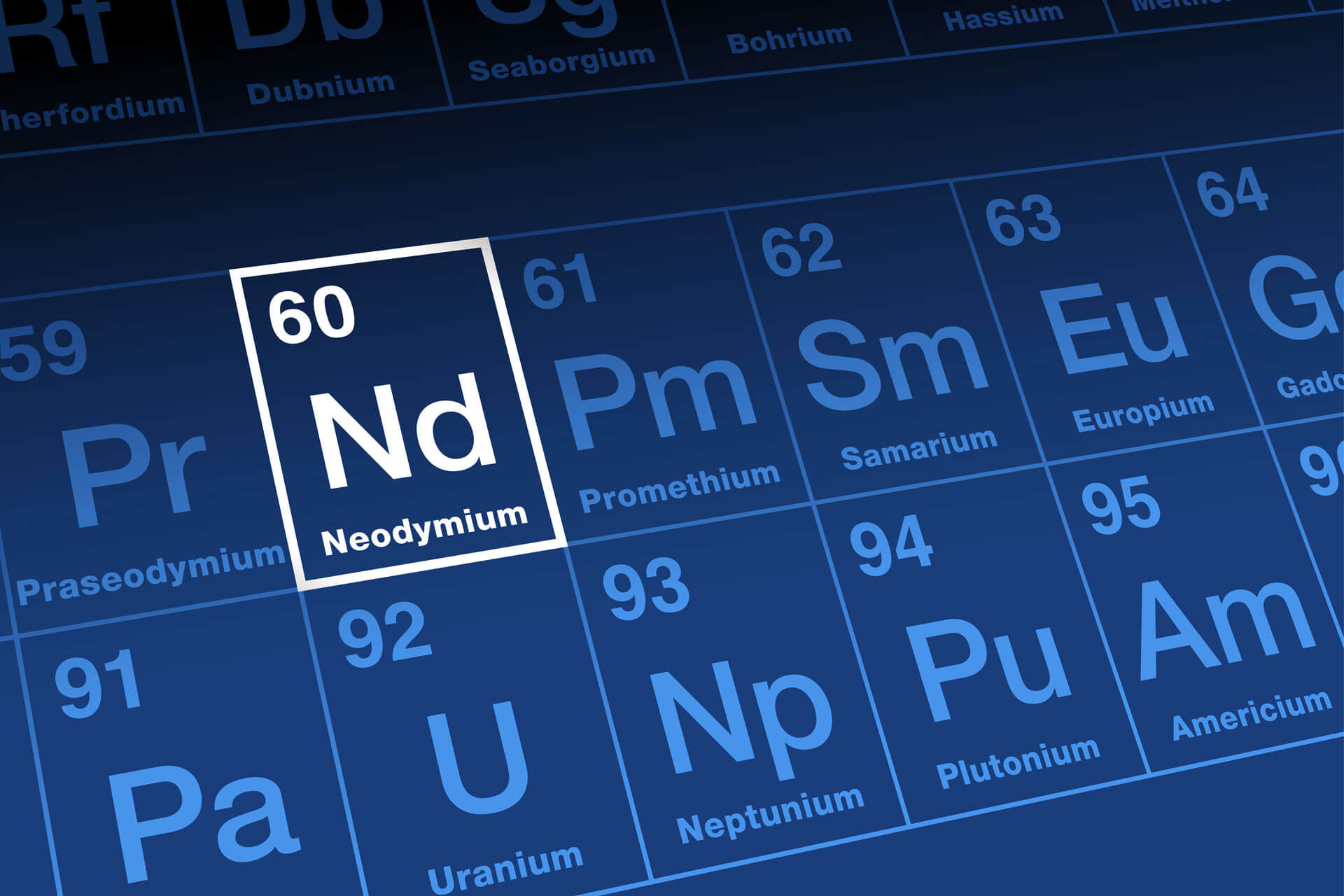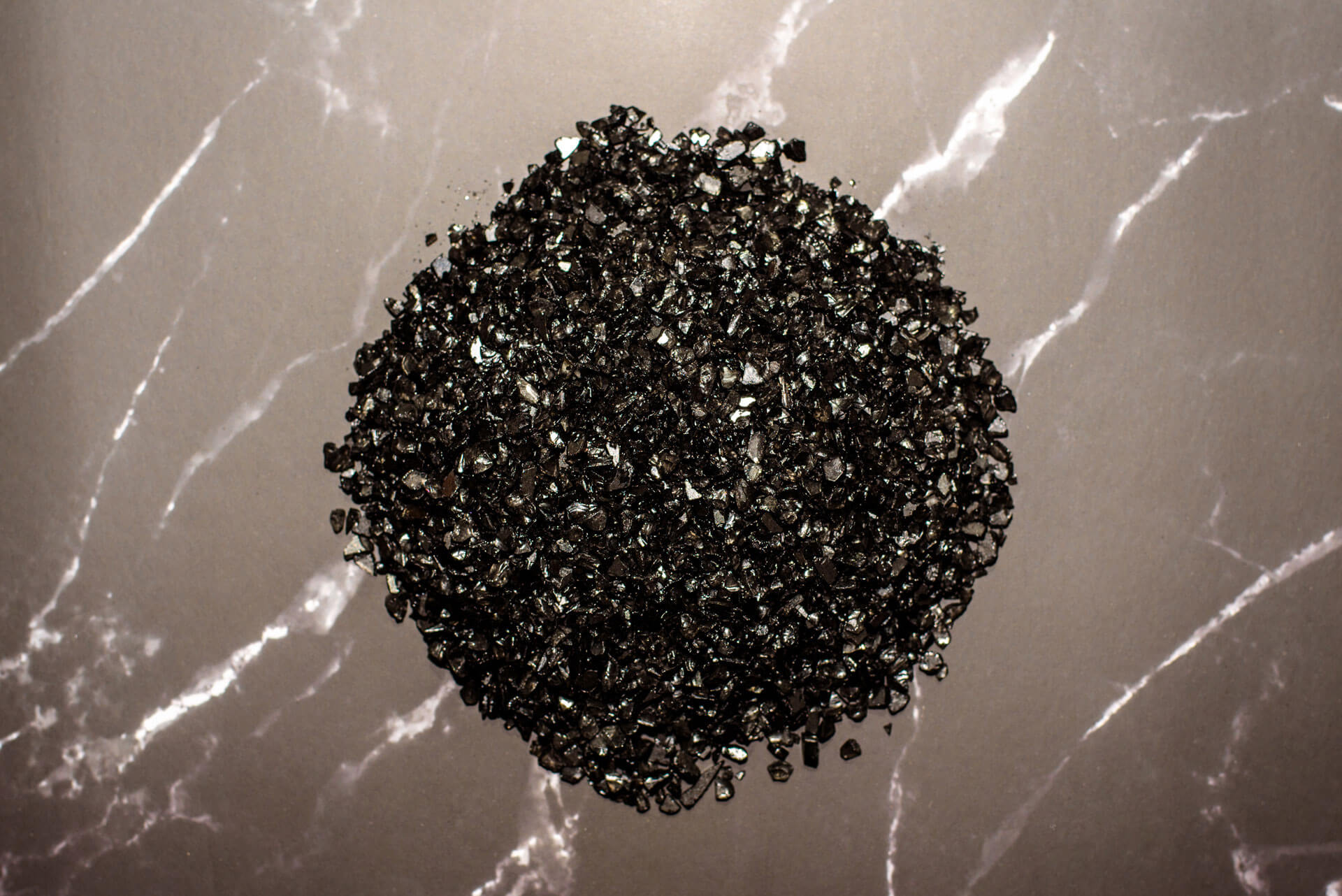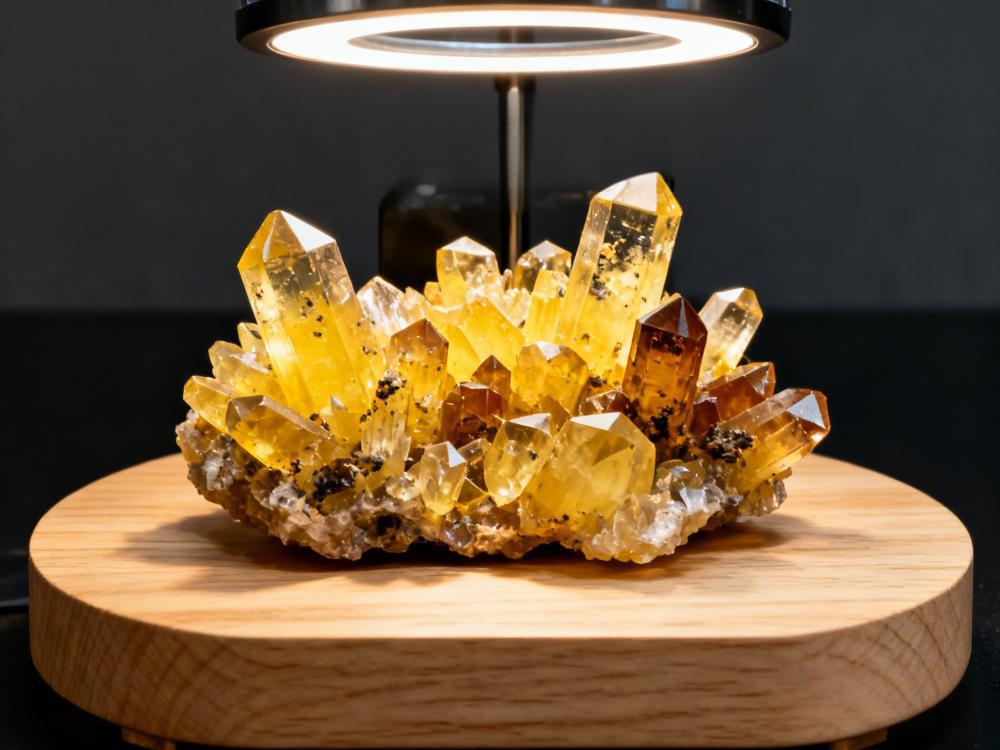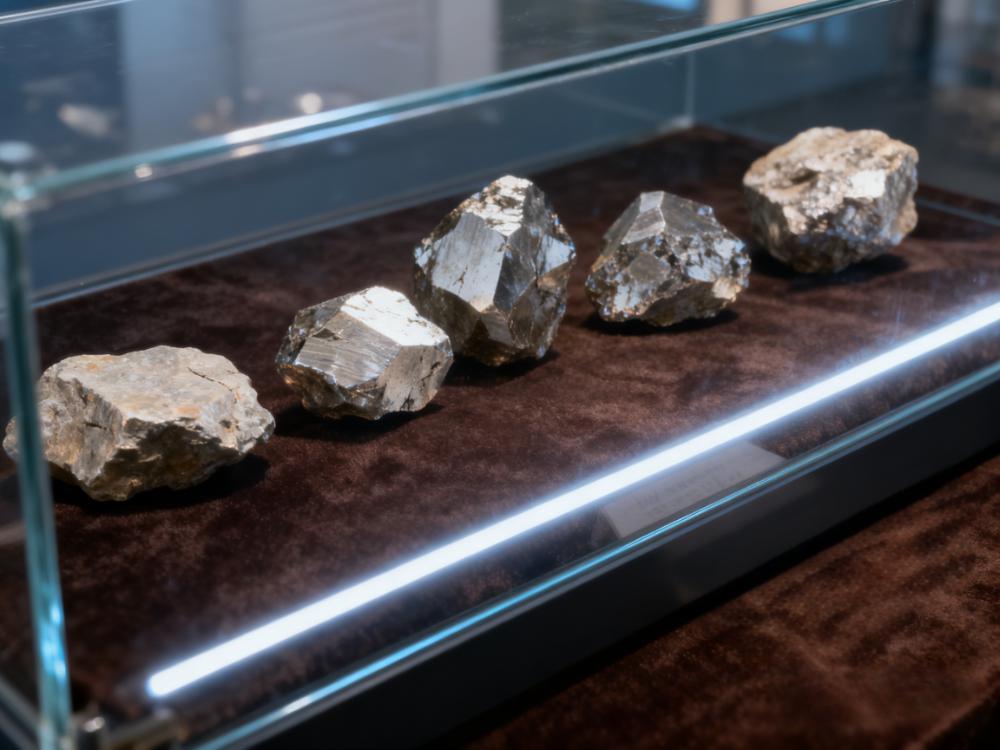US-based MP Materials announced the establishment of a rare earth refining joint venture in Saudi Arabia with the US Department of Defense and Saudi Arabian Mining Company (Maaden). This news drove MP Materials' stock price up by over 10% in early trading. This joint venture, one of the first rare earth refineries in the Middle East, will process rare earth raw materials from Saudi Arabia and other regions to produce separated light and heavy rare earth oxides. Under the agreement, Saudi Maaden will hold no less than 51% of the controlling stake, while MP Materials and the US Department of Defense will jointly own 49% of the shares, with the US Department of Defense providing non-recourse funding.
With this move by MP Materials, rare earth development in the Middle East, represented by Saudi Arabia, has come into public view.
The equity structure of the US-Saudi rare earth cooperation project reflects the strategic considerations of all parties involved. Saudi Maaden holds a 51% controlling stake, ensuring Saudi Arabia's dominance over the project, while in the 49% stake jointly held by MP Materials and the US Department of Defense, the US Department of Defense will provide "non-recourse" funding support, and MP Materials will contribute rare earth separation and refining technology.
This arrangement exemplifies a typical resource-for-technology model: Saudi Arabia provides resources, capital, and regional advantages, while the United States offers technological backing and government support. For the US Department of Defense, this move is a key step in its global rare earth strategy.
As early as July 2025, the Pentagon acquired a stake in MP Materials for $400 million, becoming its largest shareholder. This cooperation is an extension of that strategy, aimed at building an alternative rare earth supply chain to China through the alliance system.
Saudi Arabia is not a traditional rare earth resource country, but recent geological surveys have revealed its enormous resource potential. According to an assessment by the Saudi Geological Survey, Saudi Arabia holds approximately 3.2 million mt of rare earth reserves, accounting for 1.5% of the global total. More notably, the Jabal Sayid deposit in Saudi Arabia contains about 552,000 mt of heavy rare earth and 355,000 mt of light rare earth resources, which is estimated to potentially be the world's fourth most valuable rare earth reserve.
These heavy rare earths include critical elements such as dysprosium and terbium, which are vital for modern national defense applications. Beyond rare earths, Saudi Arabia possesses a rich mineral resource base. The country has identified 48 types of minerals, at least 15 of which hold significant commercial value, with an estimated potential mineral value of up to $2.5 trillion.
These resources provide a material foundation for the diversification of Saudi Arabia's economy. Saudi Arabia still has substantial potential in mineral resource exploration.
As experts from the China Geological Survey noted, the "Arabian Shield is a young oceanic accretionary body rich in polymetallic mineral resources."
However, due to a long-standing emphasis on oil and neglect of other minerals, there are still over 5,000 mineral deposits awaiting development.
Saudi Arabia's motivation to promote the development of the rare earth industry stems from its "Vision 2030" economic transformation strategy. This vision aims to establish the mining sector as the third pillar of the economy, following oil and petrochemicals, thereby reducing reliance on oil revenues.
Under Vision 2030, Saudi Arabia plans to increase the estimated value of its mineral resources to $2.5 trillion and leverage rare earth processing to enter strategic industries such as new energy and artificial intelligence. The economic transformation plan promoted by Saudi Crown Prince Mohammed bin Salman requires new industrial support. Rare earth processing, as a high-technology and high-value-added industry, aligns with Saudi Arabia's vision for future industries. Saudi Arabia is expected to invest nearly $100 billion in the mining sector by 2035, with approximately $20 billion in investment projects currently advancing steadily.
The Saudi sovereign wealth fund plays a key role in the country's mining transformation. Saudi Arabian Mining Company (Ma'aden), controlled by the Public Investment Fund (PIF), not only cooperates with MP Materials to develop rare earths but also expands its global mineral resource footprint through Manara Minerals, such as acquiring a 10% stake in Vale Base Metals.
The US-Saudi rare earth cooperation occurred against the backdrop of intensifying technological competition between the US and China. China currently controls approximately 70% of global rare earth mining and 90% of magnet production, a market dominance that has caused unease among the US and its allies.
In October 2025, China’s Ministry of Commerce announced new export control measures for rare earths, stipulating that any product containing more than 0.1% of Chinese rare earth components requires approval from the Chinese government before export. This regulation effectively grants Beijing veto power over the supply chain of critical defense components.
For the US, the security of the rare earth supply chain is directly linked to national defense security. Approximately 78% of US weapons programs rely on rare earth magnet components. As US military capabilities are upgraded and expanded, the annual demand for these magnets could triple by 2030, reaching about 10,000 mt. The US Department of Defense has classified rare earths as a national security necessity and set a goal of achieving supply chain independence by 2027.
Saudi Arabia, through rare earth cooperation, aims to deepen its strategic relationship with the US. During the Saudi Crown Prince’s visit to the US, the two countries signed a strategic framework aimed at securing the supply chains of uranium, metals, permanent magnets, and critical minerals. This cooperation helps Saudi Arabia gain diplomatic support in the region while enhancing its status as a strategic partner.
Saudi Arabia is not the only country in the Middle East seeking transformation in the mining sector. Traditional oil and gas producers in the region, such as the UAE, Qatar, and Oman, are also accelerating their efforts to gain a foothold in the mineral and metals arena. By expanding their presence in the battery industry chain, they aim to reposition their influence in the global energy market.
The UAE’s International Resources Holding announced plans to establish a copper trading hub in Abu Dhabi and has formed a 60-person mineral trading team focused on energy transition metals such as lithium. The company also acquired a 51% stake in Zambia’s Mopani Copper Mine for $1.1 billion.
Qatar, meanwhile, is engaging in mineral and metals competition by expanding financial channels. In August 2024, the Qatar Investment Authority announced a $180 million investment in the Irish mining investment firm TechMet, actively building its portfolio in the industrial and technology sectors.
Oman is seeking to position itself as a logistics hub for battery raw materials and is assembling a trading team to manage mineral exports, streamlining processes to better integrate into the global battery supply chain.
Competition among these Middle Eastern countries in critical minerals reflects strategic adjustments by resource-producing nations against the backdrop of an accelerating global energy transition. For oil-producing Middle Eastern countries long dependent on hydrocarbon revenues, shifting their mindset has become imperative—minerals and metals are opening up a new path for them.
Middle Eastern countries face severe technological challenges in developing their rare earth industries. Rare earth separation and refining technologies are highly complex, particularly the heavy rare earth separation technology, which has long been monopolized by China.
Saudi Arabia has almost no foundation in rare earth smelting technology and must rely entirely on technology transfer from MP Materials. Water scarcity is another major bottleneck for Middle Eastern countries in developing their rare earth industries. Mineral processing, especially rare earth separation, requires substantial water resources, yet the Middle East generally faces water shortages, which directly limits processing scale.
Although Saudi Arabia possesses abundant and inexpensive crude oil, which can provide energy support for the deployment of critical mineral and metal operations, the issue of water scarcity cannot be fully resolved through energy advantages. The rare earth industry in the Middle East, represented by Saudi Arabia, is destined for a long and arduous journey ahead.



